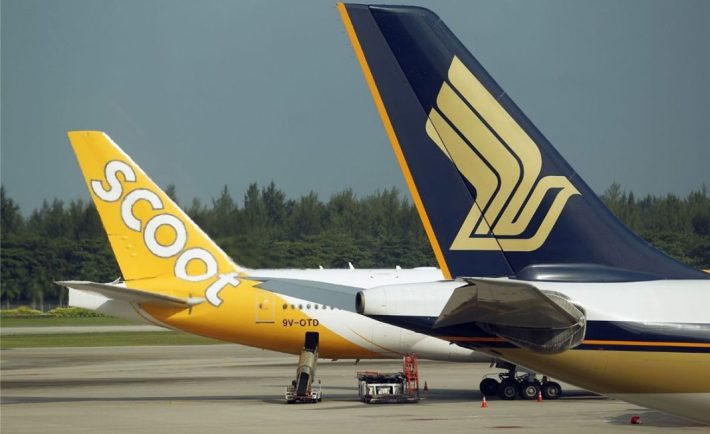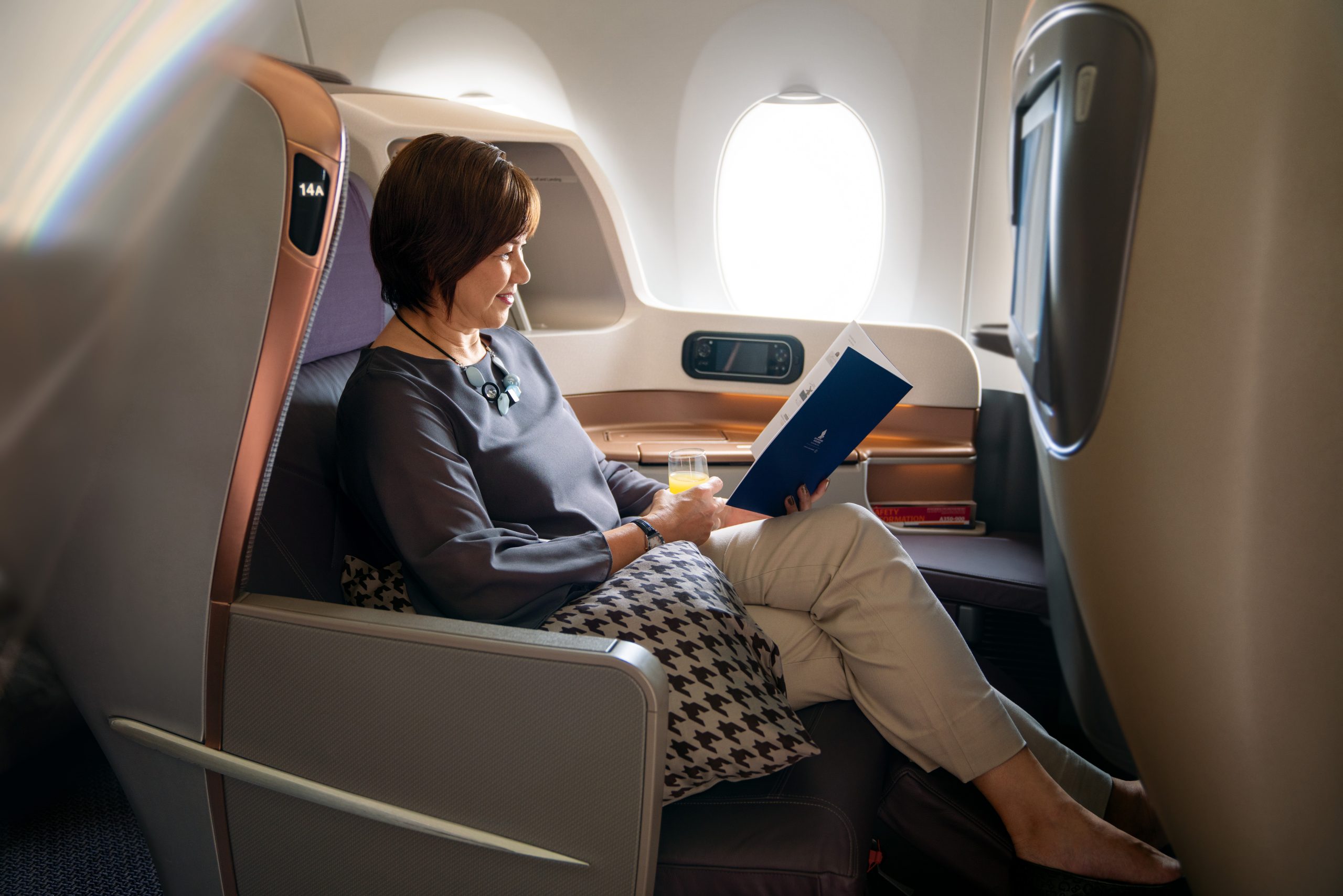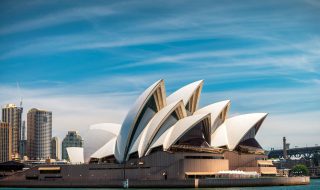
Travelers, have you heard the news?
Starting in 2026, all flights leaving Singapore are going to have to use some sustainable aviation fuel to help reduce carbon emissions over time.
This means you can expect your ticket prices to go up a little because of a new fee they’re putting on sustainable fuel.
How much it costs you depends on things like how far you’re going and what class of seat you’re in.
This is all part of Singapore’s plan to make air travel more environmentally friendly.
An unambitious goal
In approximately two years, they’re aiming for flights to use just 1% sustainable fuel.
Transport Minister Chee Hong Tat says the cost increase should be manageable since they have run through the topic with major stakeholders.
Getting to that 1% goal will help fuel makers feel more confident investing in new production facilities.
Without more supply, it will be tough to use more sustainable fuel down the road.
Scaling slowly
Then by 2030, if feasible, they are eyeing for flights to run on 3 to 5% sustainable fuel, aligning with developments and more companies getting into the business in the next few years.
The long-term targets will balance being cost-effective with protecting the environment, to support air travel growth while reducing emissions over the decades.
To hit 1% in 2026, there will be a levy that could raise an economy ticket from Singapore to nearby places like Bangkok by $3, further places like Tokyo by $6, and London by $16 more.
Fliers in nicer seats will pay higher fees.

Image Credits: nzherald.co.nz
More info to be provided
The aviation authority will provide more details in 2025 on exactly how this will work when it starts.
Meanwhile, they will keep the lines of discussion open among stakeholders.
Using sustainable fuel is a big part of the plan as it can lower emissions a lot compared to regular jet fuel, and is key for reaching net zero over the long run.
But for now, it costs more, so they need to balance goals with keeping prices reasonable so air travel stays popular.
Only time will tell if they strike the right balance!
CAAS’ fixed cost approach
The market for sustainable aviation fuel is still developing and the price can be unpredictable.
However, the Civil Aviation Authority of Singapore (CAAS) wants to provide airlines and travelers with more certainty on costs.
As such, they will set a fixed amount for the levy based on targets and estimated prices for that year.
Whatever they collect from the levy will be used to buy the fuel, based on what it costs at purchase time.
But the levy amount won’t change even if the real price differs from what was estimated.
Instead, they will adjust how much fuel gets added based on the fixed levy and current price.
Planes can currently fly with a 50/50 mix of sustainable and regular jet fuel, so there’s still leeway to work around things for now.




